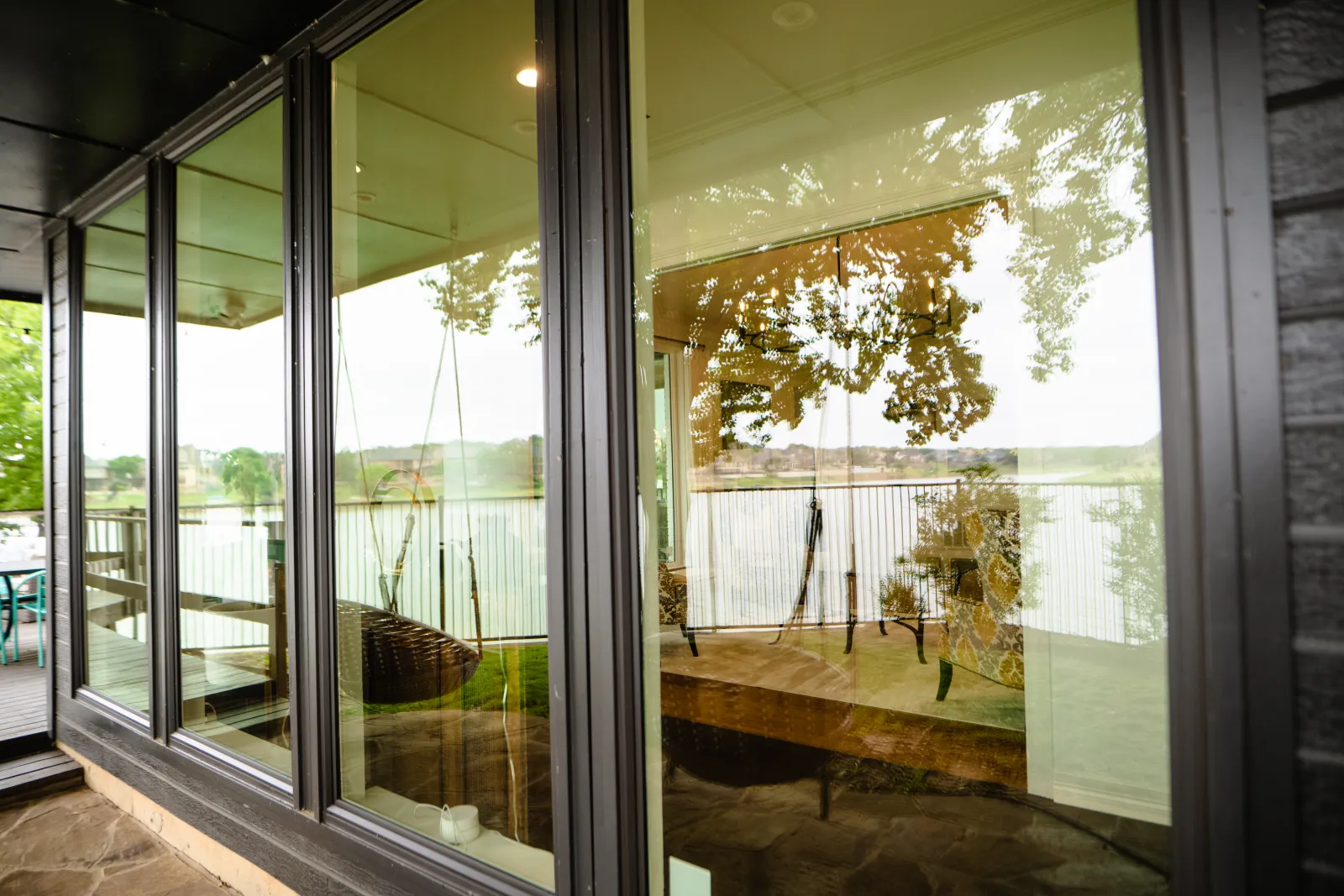10 Window Efficiency Facts You Might Not Know About
Posted on February 20, 2024
Posted in Windows , Window Installation , Replacement Windows
ROI is typically associated with "return on investment." But it very well could mean "risk of inaction," as you won't be getting any return on investments you don't make. This is especially true when it comes to home improvements.

Windows, in particular, are a big area of home updates that can affect your home's value, appearance and function. According to the U.S. Department of Energy, "heat gain and heat loss through windows are responsible for 25%-30% of residential heating and cooling energy use.
What specific properties in windows reduce energy loss? What features should you look for in an energy-efficient window? How does energy efficiency impact utility bills, exactly? We answer these questions as we share 10 window efficiency facts you might not know about.
1. The two properties in a window are most important for energy efficiency.
If you want to confirm a window is actually energy efficient, these two factors will tell you. The U-Factor measures how well a window prevents heat from escaping, while the SHGC assesses its ability to block heat gained from the sun. So whether it's winter or summer, these properties help your windows keep interior temperatures regulated. The lower the number the better, so understanding these ratings will help you select windows that are suitable for your climate and energy needs.
2. Windows use gas to fill the gaps between panes.
Gasses aren't solids, so how can they fill between window panes? The fact is, inert gasses like argon and krypton have a higher density than air, so they can still minimize heat transfer and improve overall insulation. So, to ensure your window can retain heat when it gets cold (and keep interiors cooler during the warmer months), see if it uses any gasses to add as an extra stopgap between outdoor and indoor environments.

3. Coatings impact heat transfer.
Specifically, low emissivity (Low-E) coatings are pivotal in controlling heat transfer. These coatings help reflect infrared light while allowing visible light to pass through. This is an example of a feature the average person wouldn't detect with the naked eye. But it still results in keeping homes cooler in the summer by blocking heat from the sun—and keeping indoors warm during the winter by retaining heat. So, if you're looking to reduce your reliance on heating and cooling systems, ensure the windows have the proper coatings.
4. High-quality windows resist condensation.
Condensation happens when warm, moist air meets a cooler surface, leading to moisture buildup. This is common in Texas due to our temperature fluctuations and humidity. Windows that have good condensation resistance maintain a healthier indoor environment by preventing excess moisture buildup and the likelihood of mold growth or damage to the window frames and sills. Added to energy efficiency, this is a valuable combo for your house.
5. Windows can reduce the workload of your HVAC systems.
Many people know that energy-efficient windows can reduce utility bills, but don't know that they accomplish this by basically ensuring the heating and cooling systems don't have to work as hard. Properly installed and insulated windows prevent air leakage and heat transfer, reducing utility bills over time.
In fact, these savings on energy expenses can offset the initial investment of upgrading to energy-efficient windows, even if their cost is high.
6. Frames play a role in window efficiency.
Frame materials matter, as they can contribute to energy efficiency, and some have better insulative properties than others. Vinyl, fiberglass and wood frames, for example, offer better efficiency than other options like aluminum frames. Choosing the right frame will have an impact on your window's overall energy performance.
7. The orientation of the windows matters.
Some windows may need more energy efficiency than others. For example, south-facing windows receive more sunlight, making them ideal for passive solar heating in colder climates. But they also require more shading in warmer regions like Texas to mitigate heat in the summer.

8. Triple-pane windows are more efficient than double-pane windows.
They contribute to a quieter environment, too. This is all thanks to enhanced insulation due to the additional glass pane and extra chamber of gas. While a higher cost than double- or single-pane windows, they offer increased energy efficiency.
9. Certifications can tell you whether your windows meet standards or not.
The ENERGY STAR® certification in particular shows that windows meet stringent energy efficiency standards set by the Environmental Protection Agency (EPA) and Department of Energy (DOE). If you want to make sure your windows have been tested to perform well, look for the right certifications and/or labels.
10. Energy-efficient windows can save you money.
In addition to the utility savings, energy-efficient windows can save you money in the long run due to their durability and potential to increase the home's value. This fact alone offers a compelling reason to consider investing in them.
If you're interested in energy-efficient windows or other ways to improve your window efficiency or home efficiency, contact Expo Home Improvement today for a no-obligation quote, or to get your questions answered.
